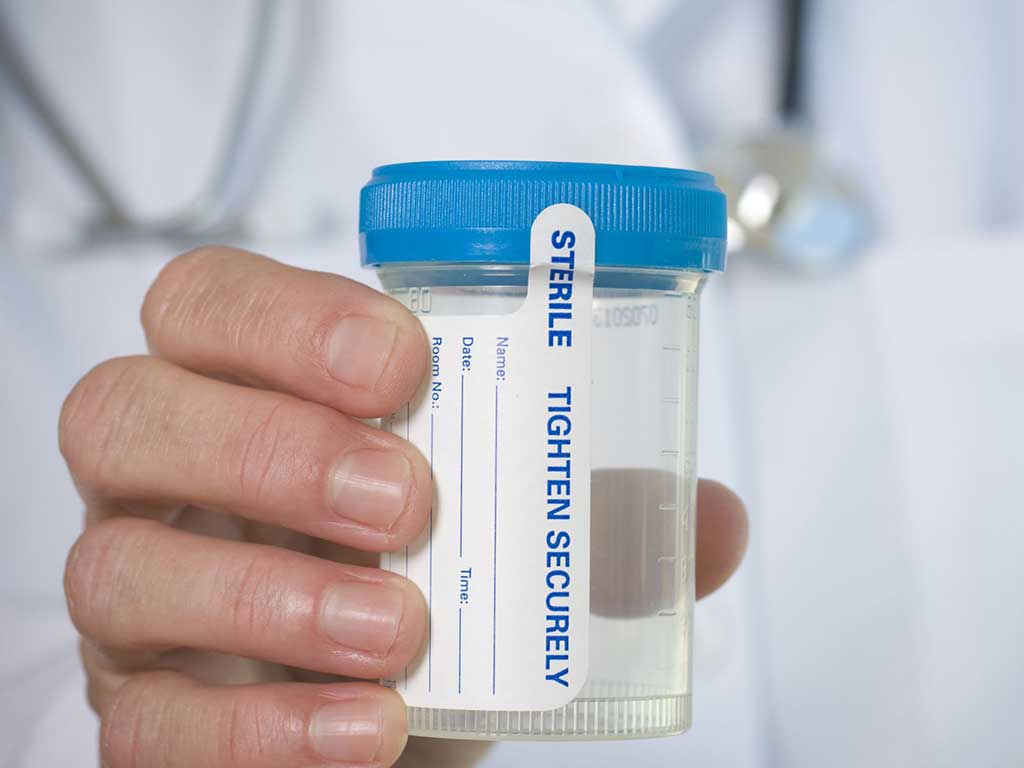Drug and Alcohol Testing Qualification: Factors to Consider
05 December, 2023

Collecting specimens for drugs and alcohol is crucial in many industries. This includes transportation, healthcare, and construction. Hence, businesses need qualified personnel to conduct substance testing. However, they must consider several drug and alcohol testing qualifications before choosing a training facility. They should think about the legislative requirements, such as accreditation. Moreover, they should know what testing method they would like to utilise. Furthermore, the budget should be considered because some providers are more expensive than others.
Organisations acknowledge the potential negative impact of drugs and alcohol in a workplace environment. Thus, they typically establish policies to test employees for substance use. This entails finding a reliable and affordable drug and alcohol testing service provider who can also provide training on proper specimen collection in the workplace. The article will present the qualifications employers should think about when choosing collection centres, including requirements, testing methods, accuracy, and price range.
Drug and Alcohol Testing Qualification – Requirements to Consider
Many businesses send staff for training as specimen collectors. They avail of services from approved providers. However, they must first consider certain drug and alcohol testing qualifications. The training they provide should cover various aspects. This includes understanding the importance of the role, collection processes, chain-of-custody requirements, specimen integrity, what the legal limits are, and how to interpret results.
When choosing a training centre, individuals and companies should consider accreditation. This shows that a provider meets industry standards and protocols. The most recognised accreditation in Australia is from the National Association of Testing Authorities (NATA). NATA accreditation guarantees that facilities and equipment adhere to safety standards. Moreover, it ascertains that they have experienced instructors who can teach and provide specimen collectors with concise instructions on collection techniques.
Another requirement to think about is the learning program mode. Some medical centres offer both online training and classroom training. This is important because it allows flexibility when it comes to attending the sessions. Thus, people can learn in their own time with less disruption to their daily schedule. However, providers must offer a comprehensive training pack, including student workbooks and practical assessments.
Benefits of Choosing a Qualified Testing
- Industry-recognised certification: Qualified testing and training centres provide certifications, giving collectors a competitive edge in the job market.
- Expert instructors: They can provide valuable insights and guidance throughout the training program.
- Hands-on experience: It can offer practical training that allows individuals to apply their skills in real-world scenarios.
- Updated curriculum: Trainees can stay updated with the latest industry trends and technologies.
- Networking opportunities: Attendees can connect with other professionals in the field. Consequently, it opens up potential employment pathways and collaborations.
- Job placement assistance: Many qualified testing offers job placement assistance. This helps collectors secure employment after the successful completion of the training program.

Drug and Alcohol Testing Qualification – Types of Tests
One of the drug and alcohol testing qualifications is the testing method an organisation would like to use. The training service provider must be able to deliver the necessary training and collection requirements. Fortunately, most of them offer various types of tests. For instance, breath testing is a common method for alcohol screening. Instructors teach how to accurately collect and analyse breath samples.
In addition, urine testing is a popular method for detecting illicit drugs. It is necessary to be familiar with the different and special procedures for each type of drug, such as using a split-sample approach. This involves dividing the samples into two, with the second one for possible confirmatory testing. The instructor should also be able to provide advice on how to interpret results accurately.
Oral fluid tests are another popular method. The training should include instruction on how to collect and analyse oral fluid samples, as well as interpreting the results. Another kind of test offered by most training providers is blood testing. It can provide a more accurate result than other tests, as it measures the amount of substances in the bloodstream.
Range of Substances that Can be Detected
Many testing methods can detect a wide range of substances. Some examples are prescription drugs and illicit drugs. This comprehensive testing can identify opioids, cocaine, amphetamines, benzodiazepines, marijuana, and other drugs that people commonly abuse. Moreover, tests can detect alcohol consumption. They measure alcohol metabolites, such as ethyl glucuronide (EtG) and ethyl sulphate (EtS).
Identifying different substances is important to promote safety and compliance in various settings, from employment to law enforcement. Non-negative test results for these substances can have serious legal and professional consequences. Hence, it is essential to choose a testing and training facility that can accurately detect them.

Drug and Alcohol Testing Qualification – Accuracy and Price Range
When it comes to drug and alcohol testing qualifications, accuracy is key. Employers rely on the results of these tests to ensure a safe and substance-free workplace. Therefore, they must avail of training services from reliable organisations. Accredited testing qualification services provide businesses and individuals with the resources necessary, like access to an online training portal, to conduct a successful testing program.
It is essential to choose a testing facility or service that is highly qualified. Also, the provider should have a proven track record of accuracy in their results. This may include certification from relevant governing bodies and adherence to industry best practices. As a result, the drug and alcohol testing training course they offer will be of the highest quality.
Additionally, the price range is an important factor to consider. Companies need to balance the cost of the services with the quality and accuracy of the results. It is important to research and compare prices from different providers to ensure that the chosen service offers a competitive price range without compromising on the reliability of the tests and training.
Contributing Factors to Cost
Several factors contribute to the overall cost. Firstly, the level of expertise and qualifications of the instructors can impact the price, as highly experienced trainers may charge higher fees. They can show better and correct procedures for specimen collection. Additionally, the duration and intensity of the program can be a factor, with longer and more comprehensive courses generally being more expensive.
Moreover, using specialised equipment and materials during the training can add to the cost, particularly if the training involves practical components with testing devices and samples. Furthermore, the location and facilities where the training takes place can influence the cost.
Conclusion
Considering drug and alcohol testing qualifications is important. It ensures that all personnel are knowledgeable in administering tests. Meeting the requirements of a business is one qualification. Most of them would want the service provider to have accreditation because it ensures that the laboratory is reliable. Another qualification is having different types of tests available. For instance, some employers may require urine drug tests. Thus, the facility needs to teach the proper collection and interpretation of specimens via urine.
In addition, the accuracy that an onsite or online learning provider offers is essential. It is important to check if the curriculum covers topics such as drug detection, alcohol testing, drug withdrawal symptoms, and proper storage of specimens. However, it is important to note that a more comprehensive program can affect the overall price. Therefore, employers should find a balance between accuracy and price range. This is to get the best value for their investment without sacrificing quality.




























